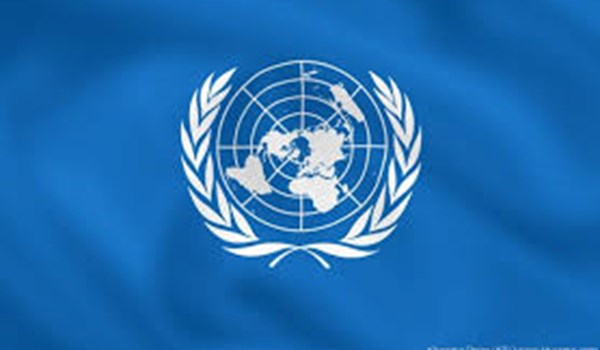
RNA - The Nobel peace prize winner has faced growing international criticism for not stopping the military's campaign, which has pushed more than 20,000 Rohingya over the border to Bangladesh.
Escapees have told AFP shocking stories of mass rape, murder and arson at the hands of security forces, which took control of the area after raids on police posts in October.
Malaysia has accused Myanmar's army of "genocide", a charge Myanmar officials have vehemently denied.
Suu Kyi, a so-called democracy activist who came to power in March, has described the situation as "under control" and asked the international community to stop stoking the "fires of resentment".
In a statement released in New York on Thursday, UN special adviser on Myanmar Vijay Nambiar appealed directly to the peace icon to intervene.
"The adoption of a generally defensive rather than proactive approach to providing security to the local population (has) caused frustration locally and disappointment internationally," he said, according to AFP.
"I also appeal to Daw Suu to visit Maungdaw and Buthidaung and reassure the civilian population there that they will be protected," he added, referring to the locked down area in Rakhine.
The bloodshed presents the biggest challenge to Suu Kyi since her party won Myanmar's first democratic elections in a generation last year.
It has galvanized Muslim nations around the region, with protesters decrying the crackdown as the culmination of years of discrimination and abuse suffered by the stateless Rohingya.
On Sunday, Malaysia's Prime Minister Najib Razak taunted Suu Kyi before a crowd of some 5,000 protesters in Kuala Lumpur.
"What's the use of Aung San Suu Kyi having a Nobel prize?" he asked the protesters.
"The world cannot sit and watch genocide taking place."
Before the current escalation in violence, over 120,000 Rohingya Muslims had already been trapped in squalid displacement camps dating back to the last major outbreak of violence by Buddhists in Rakhine in 2012.
847/940